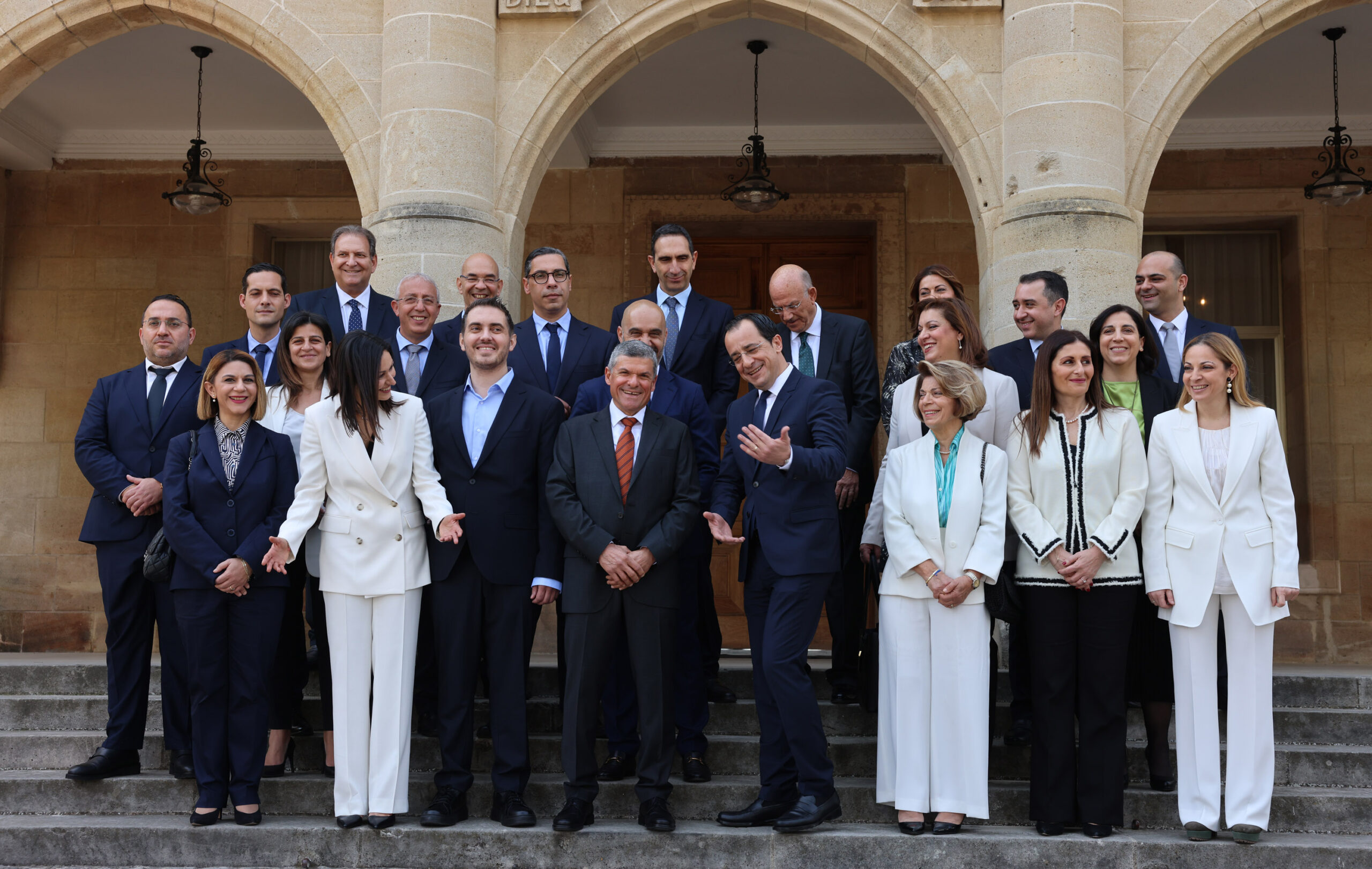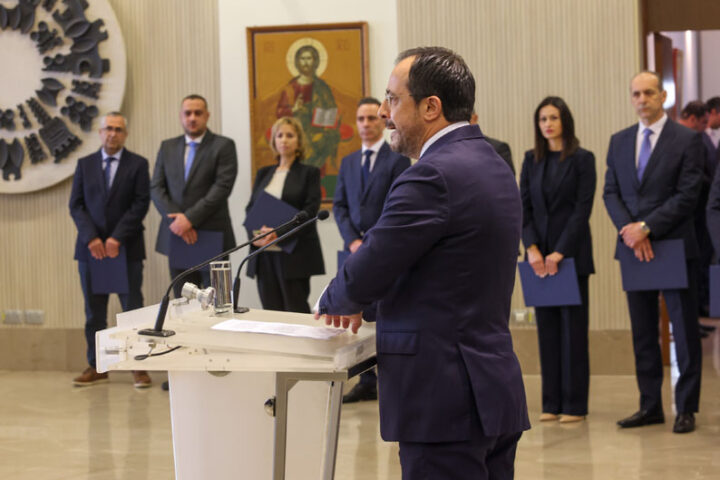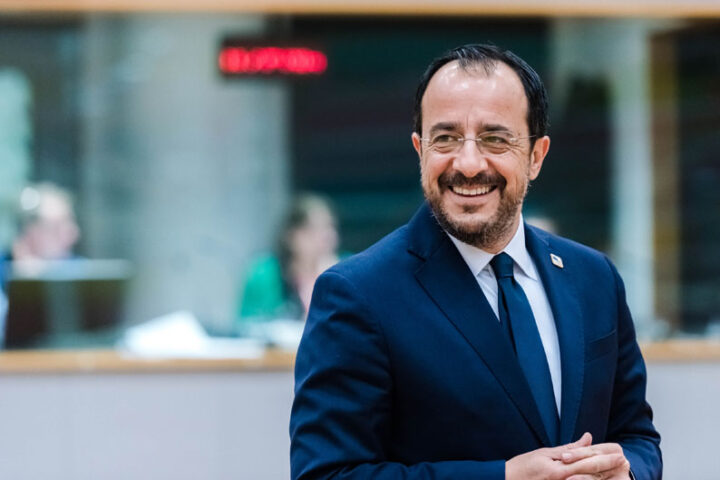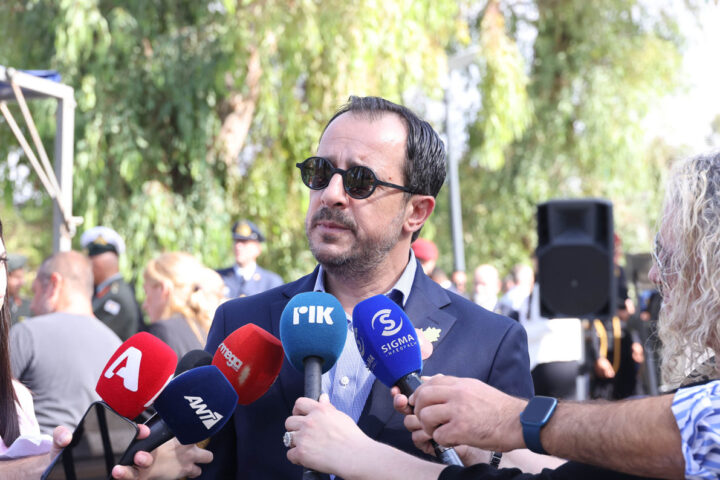Challenges, mistakes and mishaps will await the new government, which pledged to work hard and deliver on promises to the Cypriot people.
These words have been heard countless times; some believe they can make a difference, while others hope they don’t get found out.
Working hard should be a given, not a virtue; it’s not groundbreaking in politics.
How individual ministers and the President deal with the unforeseen will test their sincerity and ability to navigate the country on a stable path.
It’s a government that must be flexible and think on its feet, as it does not enjoy majority support in parliament.
If the Opposition wants to create mischief or play to the gallery of public opinion, it won’t be difficult to create roadblocks to government policy.
Every government confesses wanting to improve things and advance its citizens’ prosperity and quality of life.
Whatever policy path the government travels down, there will be detractors, vested interests, and political expediency; these are the rules of engagement.
Above all, President Christodoulides will be judged on his legacy and how he adapts to a crisis.
He’s not expected to solve the Cyprus problem overnight, although there must be visible signs of a breakthrough.
Peace talks need momentum and not be ignored or kept in cold storage indefinitely.
Christodoulides has sounded determined to break the ice, but the heavy lifting is a long way off.
Resuming Cyprus talks would be an achievement, getting results an entirely different beast that requires a bottomless pit of courage.
Nevertheless, Christodoulides understands he must answer to his backers, who are not huge investors in reconciliation and compromise.
If he achieves the impossible, his legacy will be enshrined in history, but if he doesn’t, there will be no backlash – Christodoulides would be in good company.
Even if the President gets through the next five years without doing anything spectacularly bad or shameful, that will also be a bonus.
For now, the government starts with a clean slate, a fresh chapter to make its own headlines.
Undoubtedly, there will be casualties along the way, not down to any notion of accountability but because the political machine is ruthless when the knives come out.
New Jerusalem
We were led to believe by the victor that his government would herald a new Jerusalem of young capable talent masters untainted by the establishment.
They would symbolise a gender-equal Cabinet bristling with innovation and fresh blood not seen on these shores before.
His Cabinet and the presidential team would be a body blow for nepotism, male dominance and cronyism.
It would signify a new era of meritocracy and believers in the ethical code of selfless public service.
We were allowed to dream of this folly momentarily until we came to our senses to realise that Christodoulides didn’t get where he is without having to horse trade and barter for influence.
It’s the way of Cyprus politics; it has been so for many a decade.
After days of agonising over his loyal ministers, Christodoulides found it in his good graces to appoint three female ministers from the 11 that have voting rights in the Cabinet.
Trying to lessen the glaring imbalance in the Cabinet, the President did an old Anastasiades trick by filling commissioner posts with women to make up the difference.
If there were only three men, what would have been the reaction?
There is only one more fully-fledged female Cabinet minister in the new government than in the administration that was replaced.
So it was par for the course on gender equality, although maybe it’s worth reminding the politicians that women make up 50% of the population – they are not a minority.
Although making a point of saying he would not select people who served in government before, the President brought back two former ministers.
His young, vibrant Cabinet has an average age of around 50, which is embryonic by Cypriot standards.
There are many issues for the government to get a grip with, including the cost of living, greener energy, social welfare, education and health.
Productivity, bureaucracy, public transport and affordable housing also require serious attention.
Critics argue that Christodoulides says he wants to raise the bar, so it’s easier to walk under; however, knowing where the bar is set would be a start.
For now, we will remain easy to please and reticent to judge.










